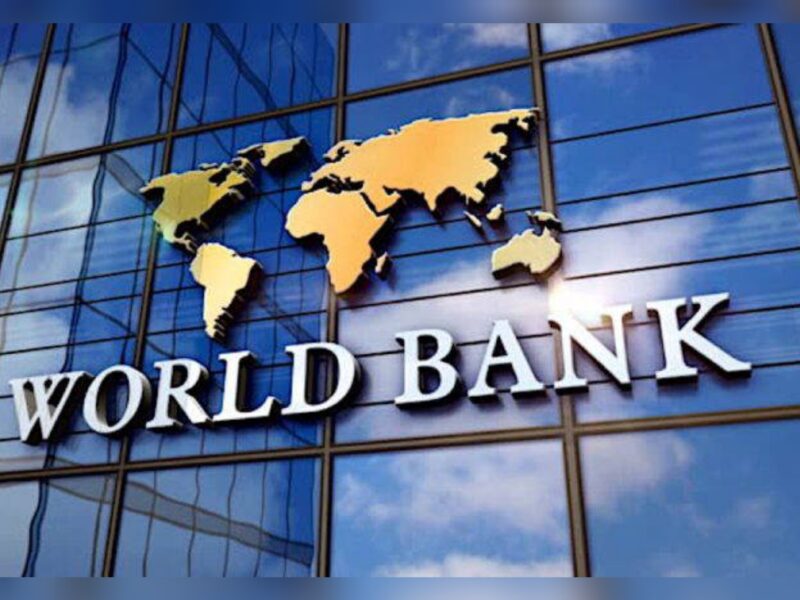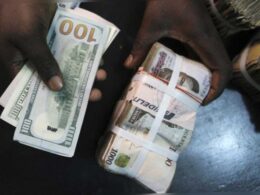Abuja, Nigeria – The Nigerian naira has been ranked among the worst-performing currencies in Sub-Saharan Africa in 2024, according to the latest edition of Africa’s Pulse, a report by the World Bank.
The report reveals that as of the end of August 2024, the naira had depreciated by approximately 43% year-to-date, placing it among the region’s weakest currencies alongside the Ethiopian birr and South Sudanese pound.
The depreciation has been attributed to several factors, including surging demand for U.S. dollars in the parallel market, limited dollar inflows, and delays in foreign exchange disbursements by Nigeria’s central bank.
“By August 2024, the Ethiopian birr, Nigerian naira, and South Sudanese pound were among the worst performers in the region. The Nigerian naira continued losing value, with a year-to-date depreciation of about 43% as of the end of August,” the report stated.
According to the World Bank, demand for dollars—driven by financial institutions, non-financial end-users, and money managers—has further intensified pressure on the naira.
Despite foreign exchange market reforms introduced by the Nigerian government, including the liberalization of the official exchange rate in June 2023, these efforts have been insufficient to stabilize the currency.
Economic Challenges and Inflation Woes
The naira’s decline reflects broader economic challenges in Nigeria, including limited foreign currency reserves and persistent inflationary pressures. The report highlights that the depreciation has contributed to rising domestic prices, especially for imported goods, adding to the hardship faced by Nigerian consumers.
Fueling inflation concerns, Nigeria saw gasoline prices surge dramatically following the government’s removal of fuel subsidies in mid-2023. This policy decision caused gasoline prices to triple initially, and then rise by an additional 40-45% in September 2024, driving up transportation and logistics costs.
Inflation in Nigeria peaked at 34.2% in June 2024 but slightly eased to 32.2% by August. However, the recent gasoline price hikes are expected to reverse this trend, pushing inflation higher in the coming months.
Naira Experiences Temporary Recovery
In a rare moment of respite, the naira appreciated by 5.69% against the U.S. dollar on Monday, October 14, according to data from the FMDQ Exchange. The exchange rate improved from N1,641.27/$1 on Friday, October 11, to N1,552.92/$1 by Monday. Despite this recovery, foreign exchange turnover plunged by 44.27% over the same period, dropping from $616.73 million to $343.71 million.
Outlook for Nigerian Economy
The World Bank’s report offers a cautious outlook for Nigeria’s economic growth, forecasting a 3.3% expansion in Gross Domestic Product (GDP) for 2024, with growth expected to slightly accelerate to 3.6% in 2025-2026 as macroeconomic and fiscal reforms begin to take effect.
However, foreign exchange shortages and exchange rate pressures continue to pose significant challenges for Nigeria and other African economies, despite the signs of recovery in some currencies like the Kenyan shilling and the South African rand. By the end of August 2024, the Kenyan shilling had strengthened by 21%, making it one of the region’s top performers.








![Netherlands To Return 119 Benin Bronzes To Nigeria In Landmark Move [PHOTO] Netherlands To Return 119 Benin Bronzes To Nigeria In Landmark Move](https://reportafrique.com/wp-content/uploads/2025/02/images-49-2-260x195.jpeg)

Join our Channel...